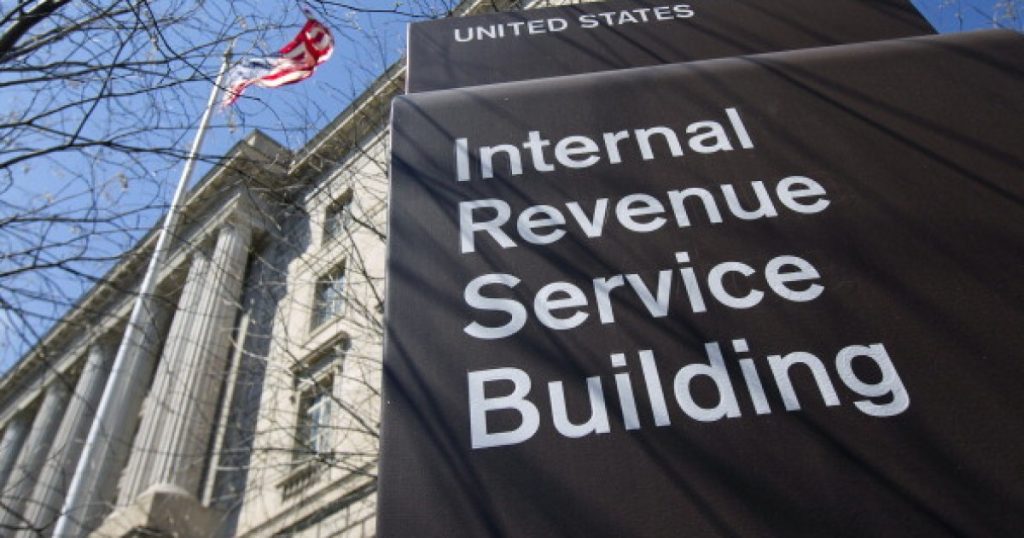26 May NEW IRS PUBLICATION ERRONEOUSLY REQUIRES INHERITED IRA BENEFICIARIES TO PAY TAXES QUICKER
IRS publication 590-B issued recently has surprised almost everyone with its erroneous proposal that designated beneficiaries (“DBs”) will need to take required minimum distributions (“RMDs”) of inherited individual retirement accounts (IRAs) in years one through nine following the year of death of the IRA owner. When the Setting Every Community Up for Retirement Enhancement Act (the “SECURE Act”) became effective in year 2020, it was widely thought there would be no requirement for a RMD since Congress ended the “Stretch IRA” (which permitted individual beneficiaries to stretch their inherited IRA over their life expectancy giving tax-deferred growth). Under the SECURE Act, unless the beneficiary is (1) a surviving spouse; (2) less than 10 years younger than the IRA owner, (3) a minor who is a child (not grandchild) of the IRA owner, (4) disabled or (5) chronically ill, the beneficiary has to deplete the IRA within 10 years following the year of death of the IRA owner or else there would be an income tax (an excise tax) on 50% of the balance of the IRA. In other words, the government encourages you to save for retirement but not make your kids wealthy.
However, when the SECURE Act became effective there were indications that there would be no RMDs for DBs. It was widely thought that DBs only had to distribute the inherited IRA within 10 years following the year of death of the IRA owner similar to non-individual beneficiaries (i.e., an “Estate”) which requires distributions within five years (but no RMD). The IRS publication gave the example of a father with a $100,000 IRA survived by a 53 year old son. According to the published life expectancy charts, a 53 year old male has a 31.4 year life expectancy. So, in this example, the son would have a RMD of $3,140 in year one. Roth IRA beneficiaries would also have RMDs resulting in a loss of opportunity for tax-free growth even though the Roth IRA owner paid taxes up front.
This rule is in an open comment period, and it is not final. It is thought by many tax experts that the IRS simply cut and pasted language in the publication by error or mistake – so there would be no RMDs for DBs (only for the exception beneficiaries mentioned above who can stretch their distributions over their life expectancy). Stay tuned for the final rule.
If interested in learning more about this article or other estate planning, Medicaid and public benefits planning, probate, etc., attend one of our free upcoming virtual Estate Planning Essentials workshops by clicking here or calling 214-720-0102. We make it simple to attend and it is without obligation.











